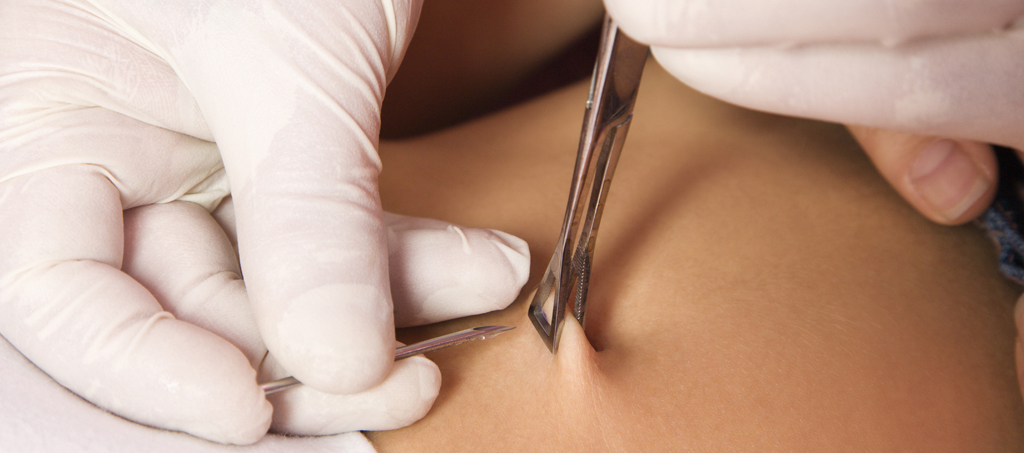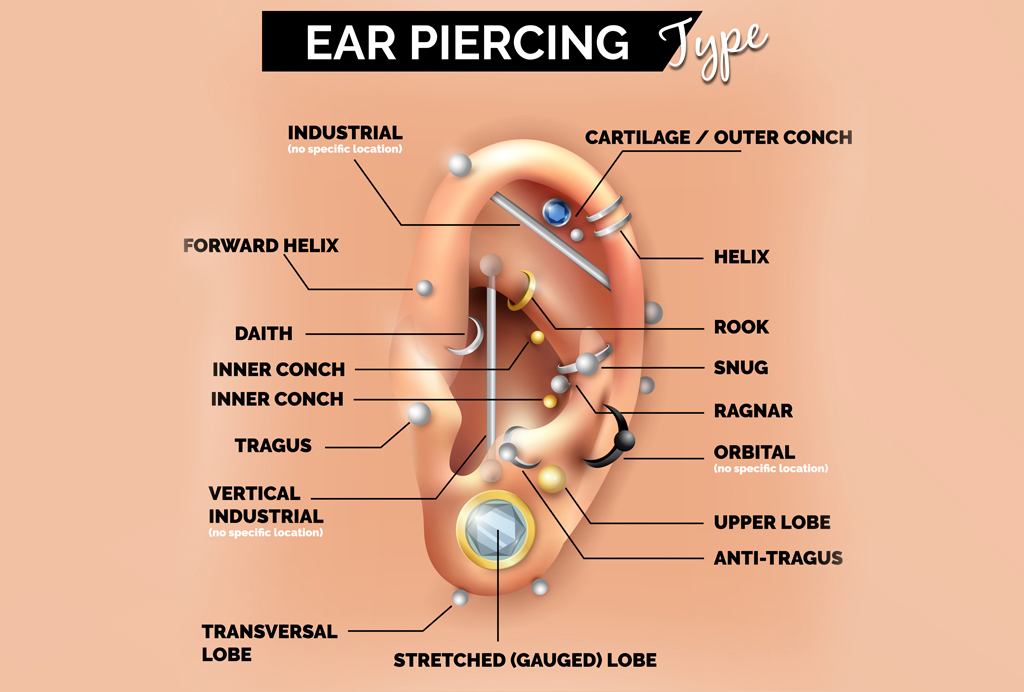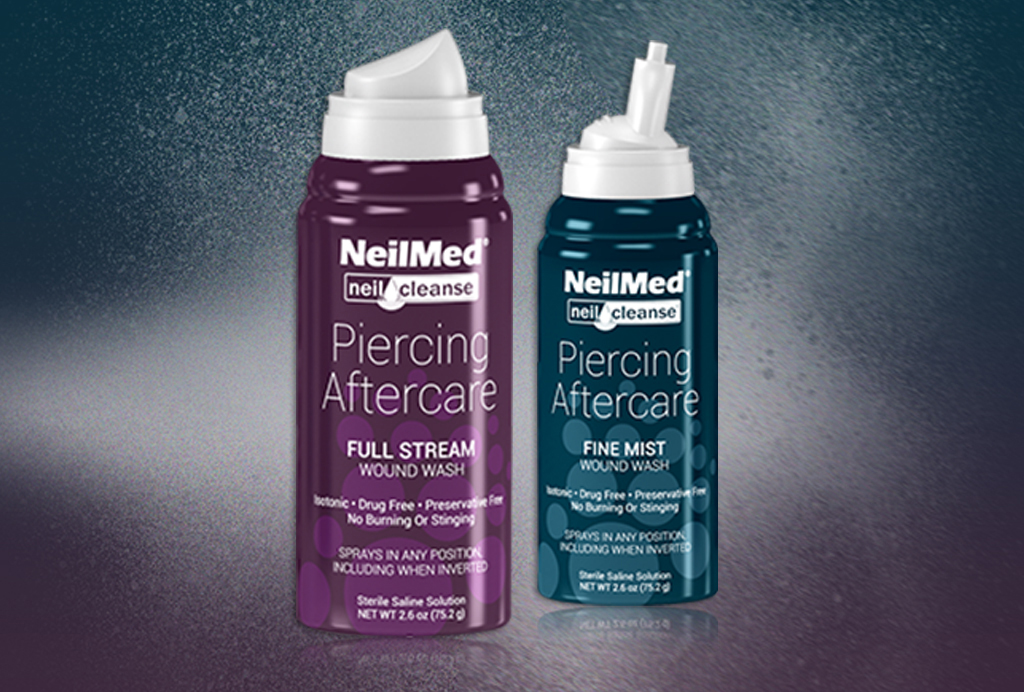5 Things To Know Before Getting Your First Piercing
A first piercing is always a big deal regardless of whether you are going for something traditional or something a bit more exotic.
Like most people, you will have some anxiety about it and want to know what to expect.
Here are five things you should know before going to the piercer.
1. It Will Hurt
A piercing is essentially a puncture on the skin. Depending on where you want the piercing, you can expect some pain. For example, the traditional ear piercing will not hurt much as the piercing is done through flesh. However, you can expect to feel a little pressure when the earring is being inserted.
Other piercings, more so those that go through tendons or places with many nerve endings, will likely hurt. As such, nipple, groin area, nose piercings, and so on will come with some pain.
2. The Type Of Piercing
There are tens of piercings you can get. The pain levels and aftercare regimens vary from one to the next.
As such, take some time to clarify the piercing you want, Vis a Vis your lifestyle.
When you have an idea about a piercing, you can easily look it up online and see what it entails, the pain levels expected, and the maintenance regimen. YouTube is also very resourceful with visuals.
Going through this process in advance will prevent you from getting swayed into a poorly thought-out piercing that you will regret later on.
3. Legal Requirements
This sounds strange, but some countries have legal stipulations about who can or cannot get a piercing. Often, one will need to be over 18 years of age to consent to a piercing or tattoo.
Forty-five states in the US prohibit anyone under 18 from getting a piercing without parental consent.
Additionally, some states will prohibit minors from getting tattoos entirely, while others will require a parent to be present, not just give their consent.
If you are over the age of 18, you should not have any problems; however, if you are a minor, find out the stipulations for your state.
4. Aftercare
Aftercare speaks to what you need to do, or avoid, to help your new piercing heal faster. These will be different for the various piercings.
This information is useful because you need to know what the care regimen entails and if you can manage it. Failure to do so will lengthen the healing time and might even get the piercing infected.
Sensitive piercings like clitoral piercings take longer to heal. Also, due to their placement, activities like walking, hiking, and cycling become harder. So if you cycle to school or work, you might want to get the piercing during your work leave or over the school holidays.
5. The costs
As with anything else, find out what your piercing will cost and what its jewelry will cost as well. This will help you plan properly without getting stuck mid-stream.
After the Piercing...
Once you have healed your piercing, it's time to experiment with all the fun jewelry you have always had your eyes on. Always go for high-quality jewelry from reputable manufacturers, as anything less can cause your piercing to become infected.
Since this is your first piercing, you might be a bit lost on where to shop for jewelry. Worry no more. Visit Shining Light body jewelry here and make your picks.




